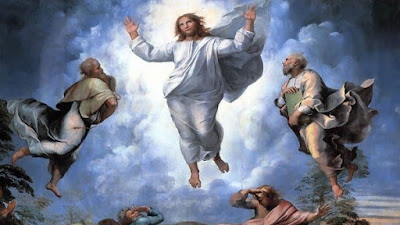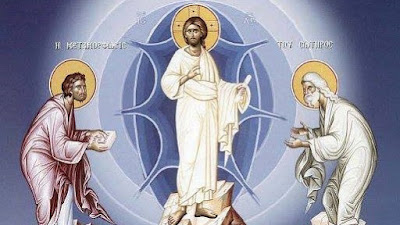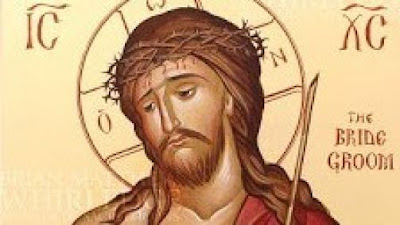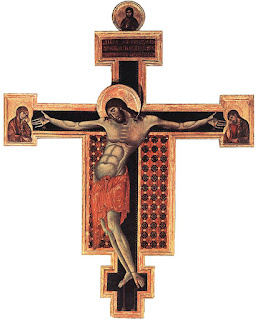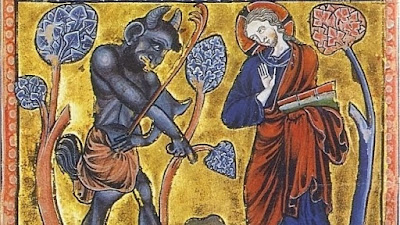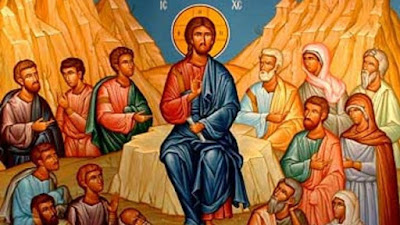Homily for the Third Sunday in Lent, March 15, 2020, Year A
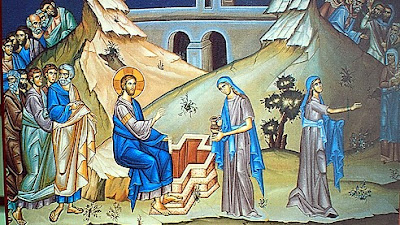
Fr. René J. Butler, M.S. La Salette Missionaries of North America Hartford, Connecticut ( Click here for today’s readings ) One of my favorite Scripture quotations is, “As cold water to a thirsty soul, so is good news from a far country.” (Proverbs 25:25) Today, however, I feel I should quote Samuel Taylor Coleridge: “Water, water, every where, nor any drop to drink.” The first half of the quotation seems apt for today’s readings. Water, water everywhere! In their wanderings in the desert, the Lord led his people to an area where, as we read: “There was no water for the people to drink.” The dramatic scene depicted in the first reading follows immediately. Here water is obviously meant in the strictly literal sense. Water is even more prevalent in today’s Gospel. The word occurs eight times in Jesus’ conversation with the woman of Samaria. But here, as often happens in John, the literal sense is soon eclipsed by a deeper symbolic sense. As we read, it becomes clear
